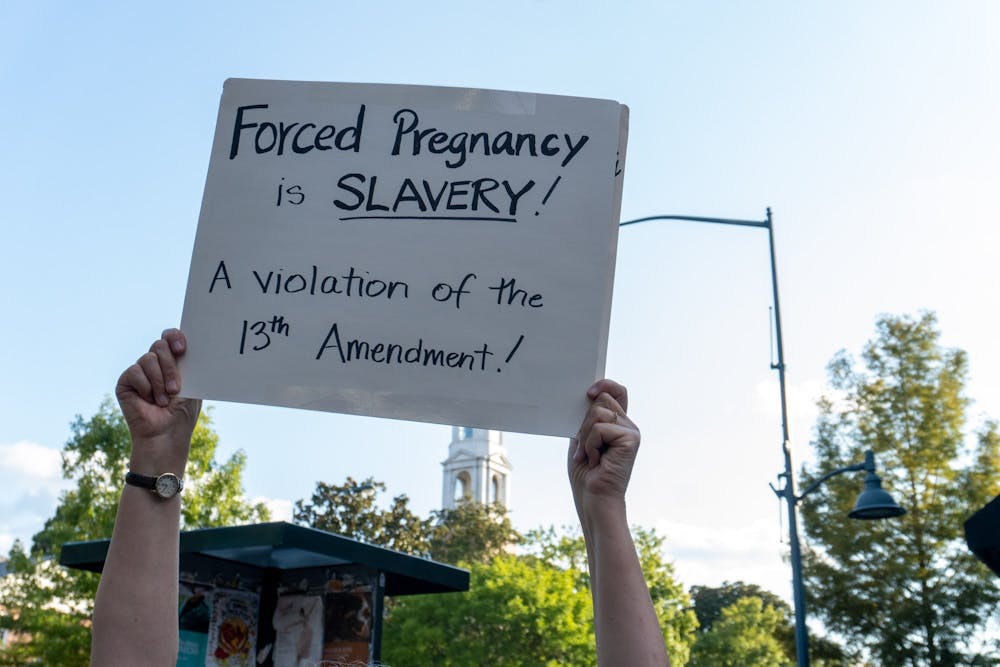U.S. District Judge Catherine Eagles placed a preliminary injunction on two aspects of North Carolina’s 12-week abortion ban, S.B. 20, on Sept. 30.
The law, which took effect on July 1, is being challenged by co-plaintiffs Planned Parenthood South Atlantic and Duke Health obstetrician and gynecologist Dr. Beverly Gray.
One provision of S.B. 20 put on hold by Eagles’ injunction was a requirement for individuals seeking a surgical abortion. The provision stated that an individual must receive care in a hospital rather than an outpatient setting, like a local clinic.
Surgical abortions, which are the only type of abortion legal after 12 weeks under S.B. 20, are only allowed in cases where the pregnant individual is a victim of rape or incest, the fetus has a life-limiting medical anomaly or when the life of the pregnant person is at risk.
“We are talking a difference of if they can get care in a clinic like Planned Parenthood, that could be hundreds of dollars, versus thousands or even tens of thousands of dollars at a hospital,” Molly Rivera, communications director for Planned Parenthood South Atlantic, said. “So it's very important that people are able to have this option for more affordable healthcare.”
Another provision in S.B. 20 that was blocked by Eagles required physicians to document the existence of an intrauterine pregnancy, which is confirmed via ultrasound, before performing abortions in early pregnancy.
Rivera said this provision created problems because some patients could be so early in their pregnancy that an embryo doesn’t show up on an ultrasound. In this case, the law would have required that the provider send their patient home and wait until the pregnancy is visible via ultrasound before providing care.
Even though the team of plaintiffs is relieved these preliminary injunctions were issued, Rivera said the presence of the abortion ban in North Carolina is the harsh reality pro-choice advocates will have to continue to fight.
Tara Romano is the executive director of Pro-Choice North Carolina. While these injunctions do make it easier for North Carolinians to access care, she said her organization will continue to advocate to restore access to reproductive healthcare across the state.



